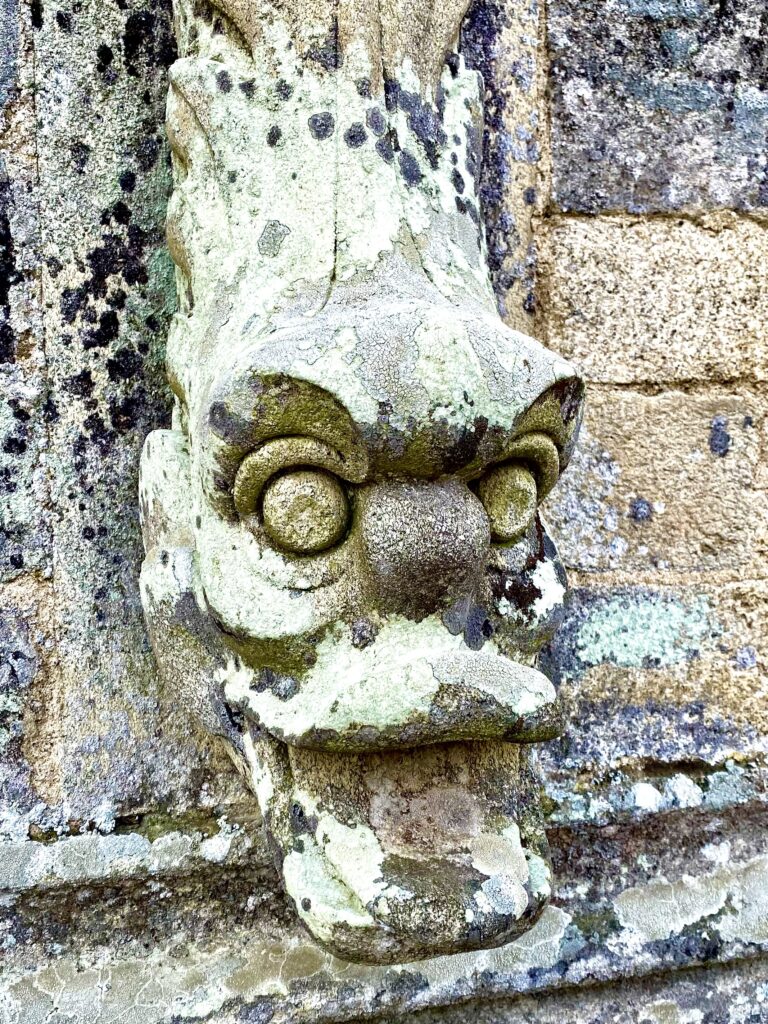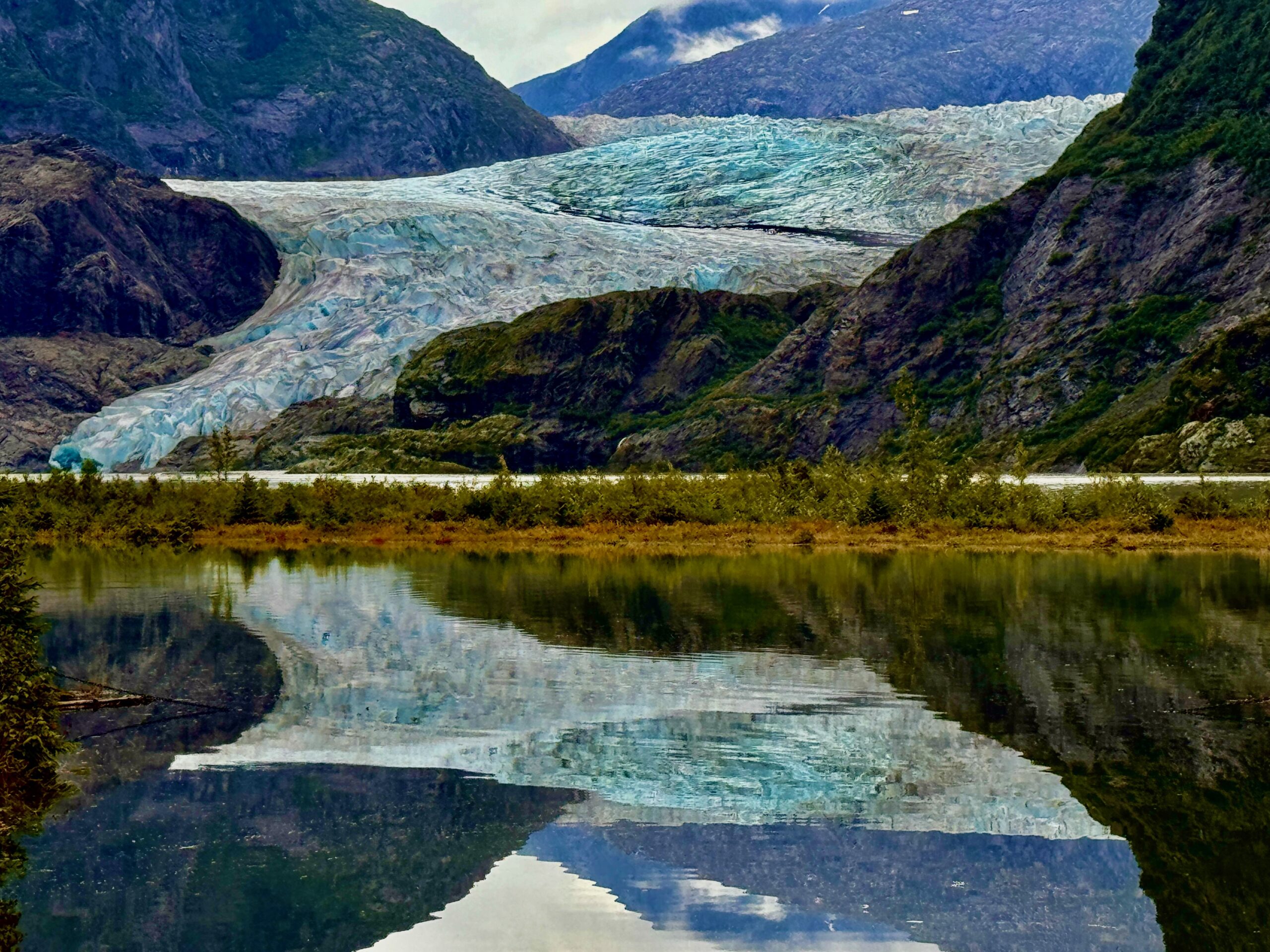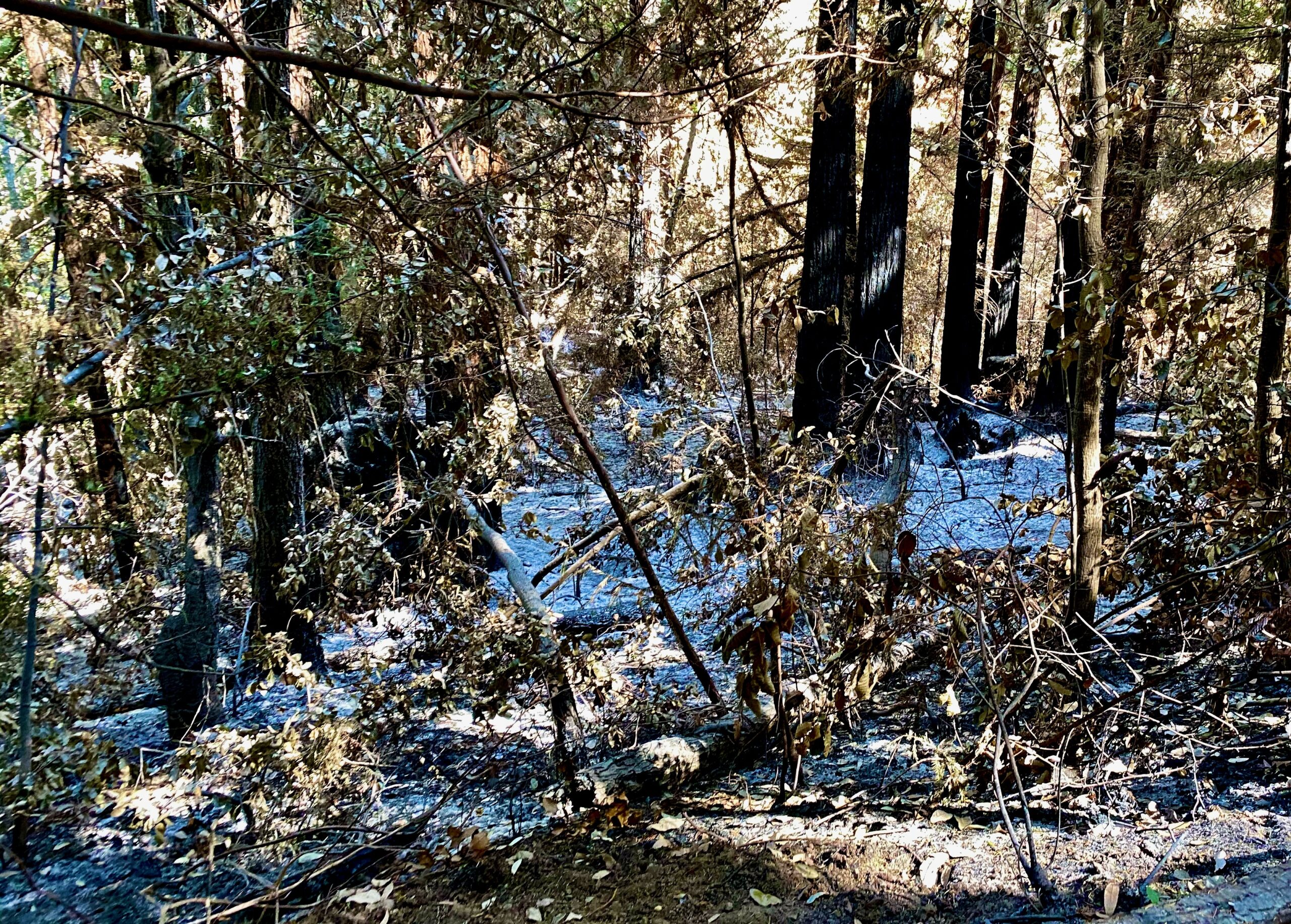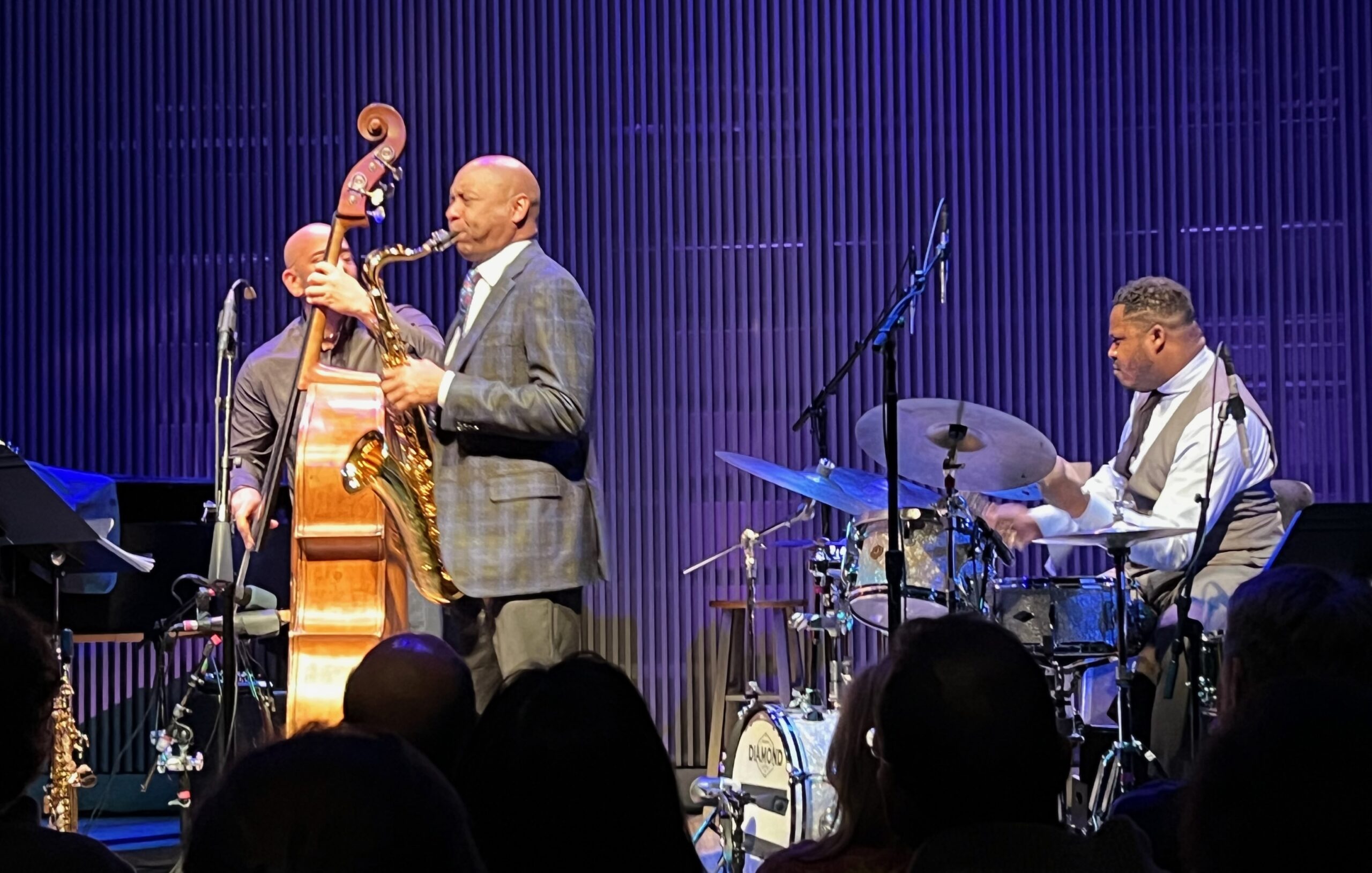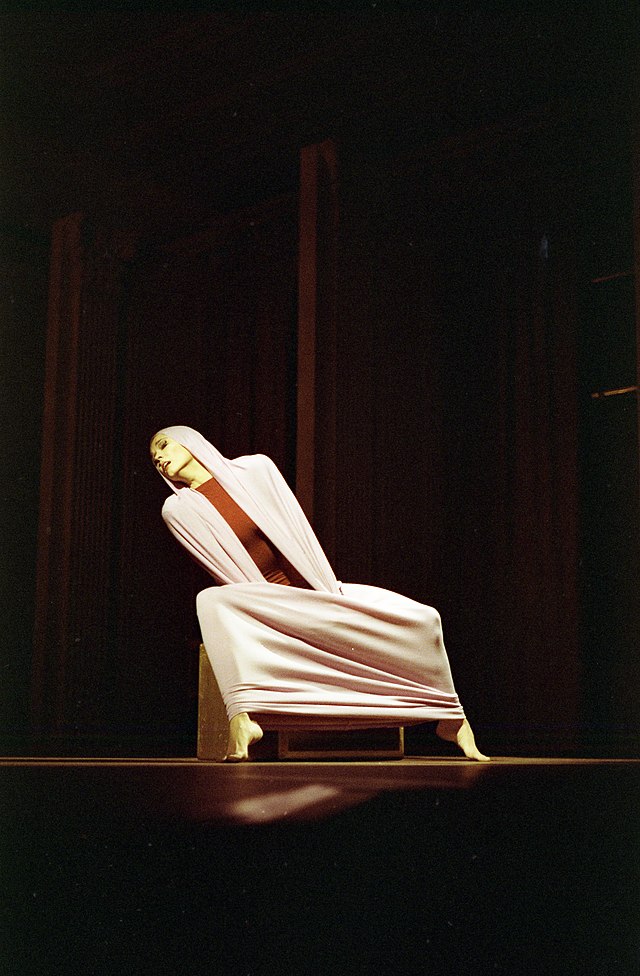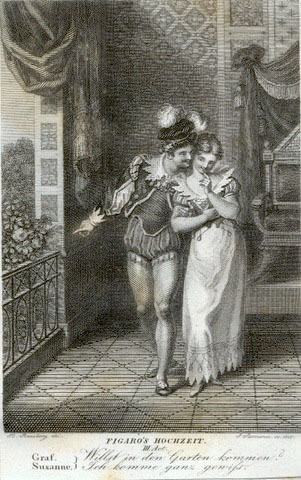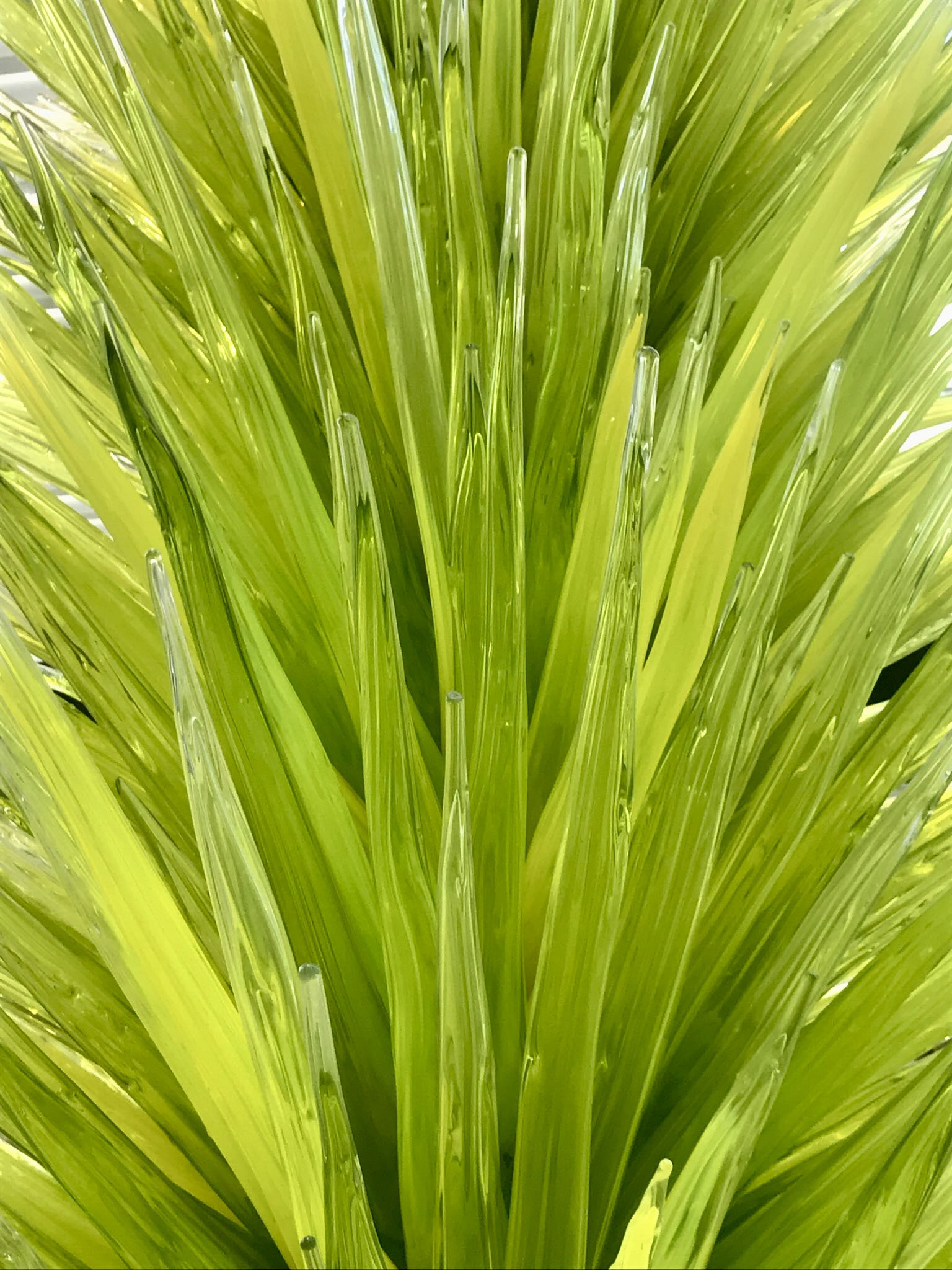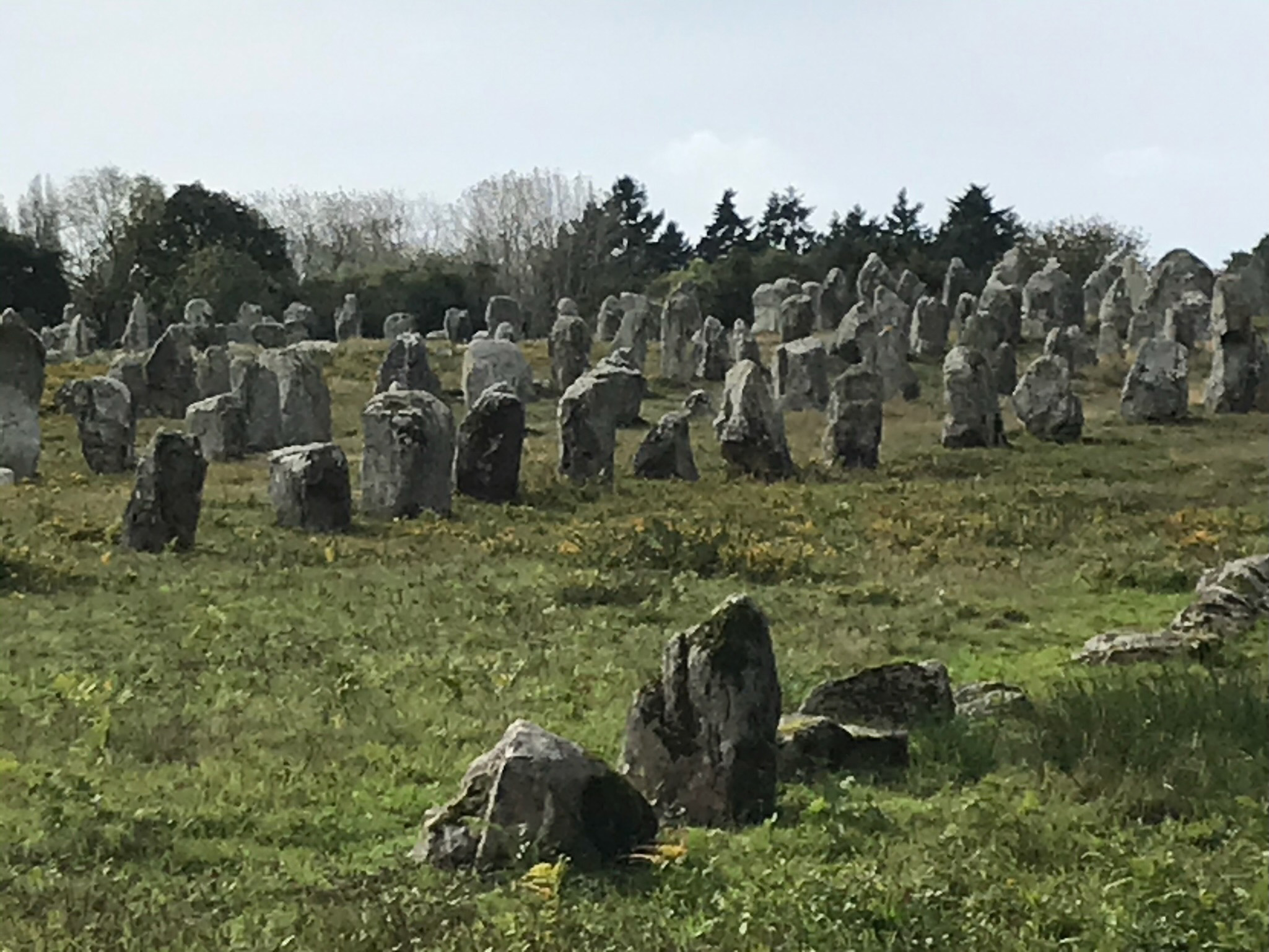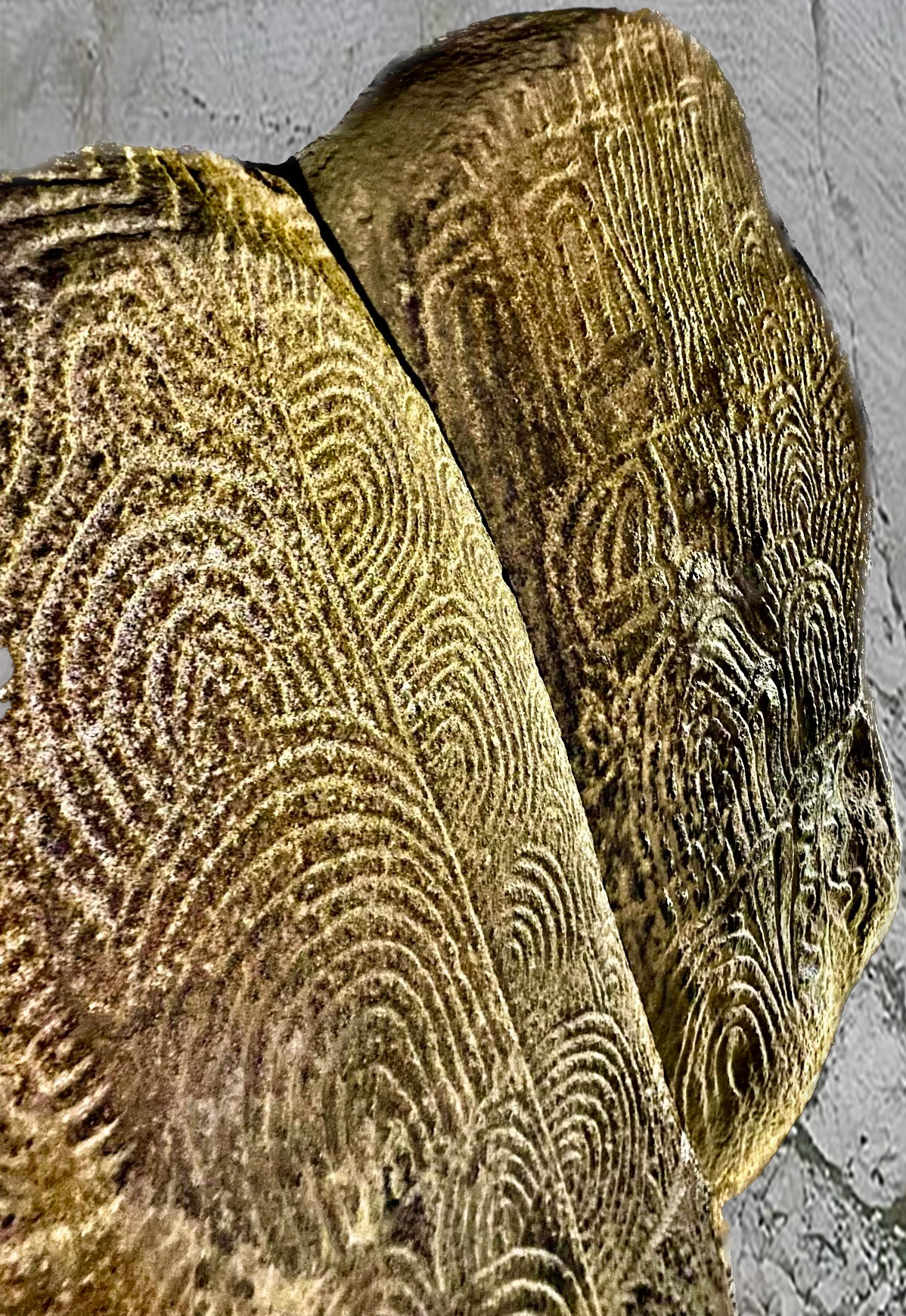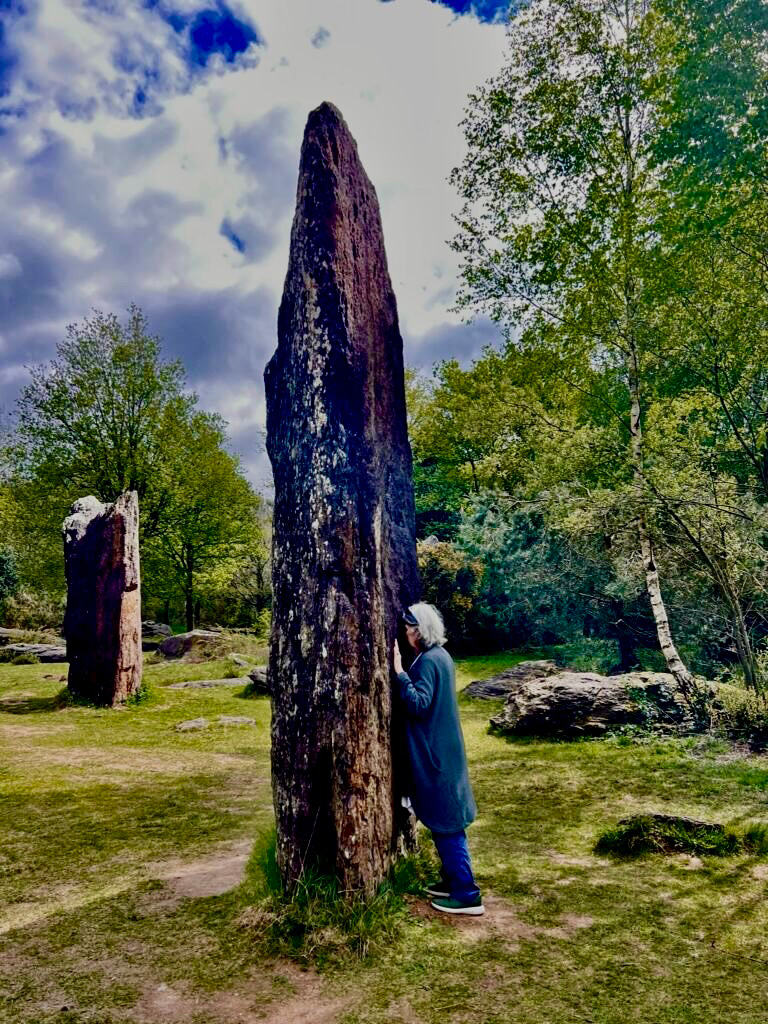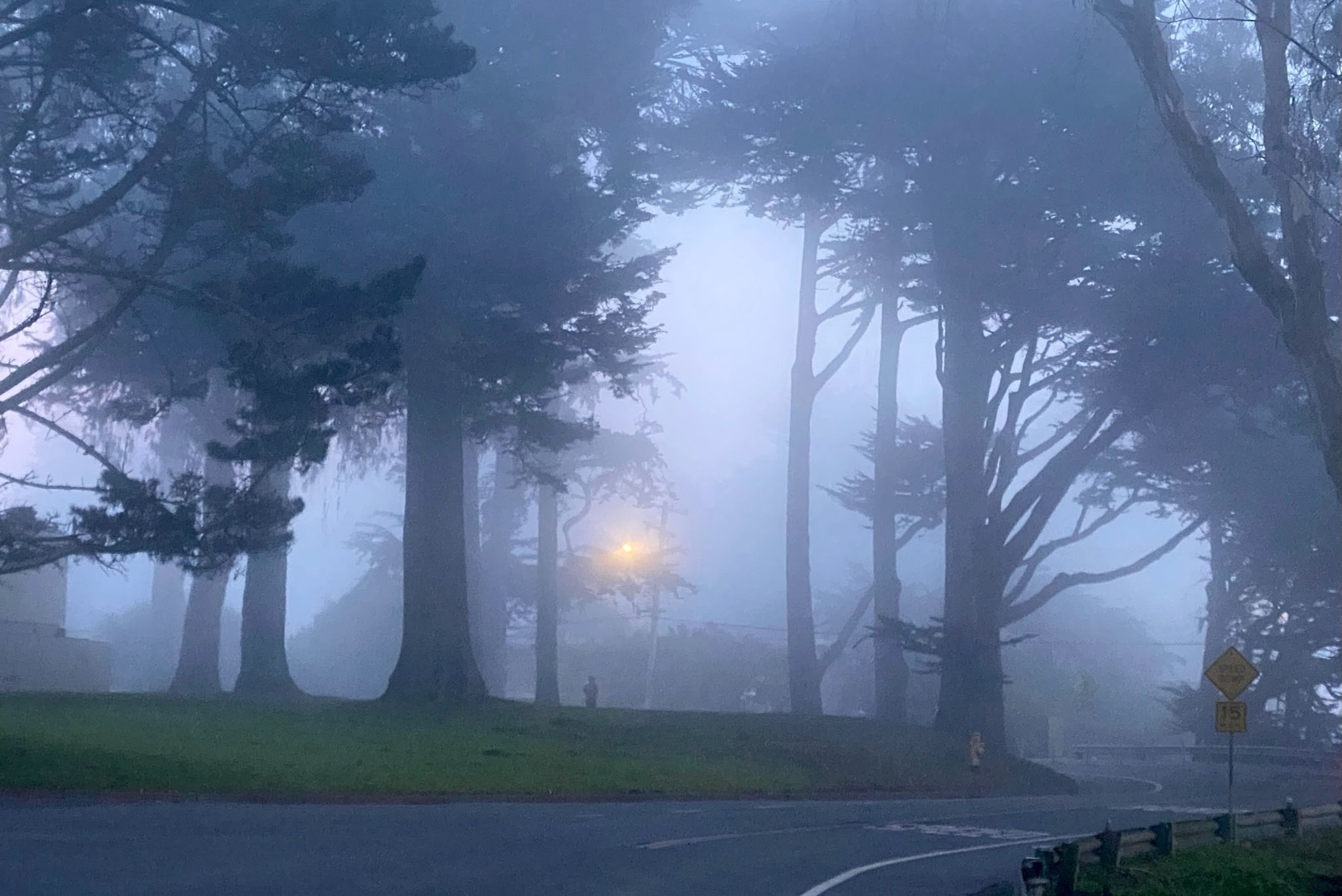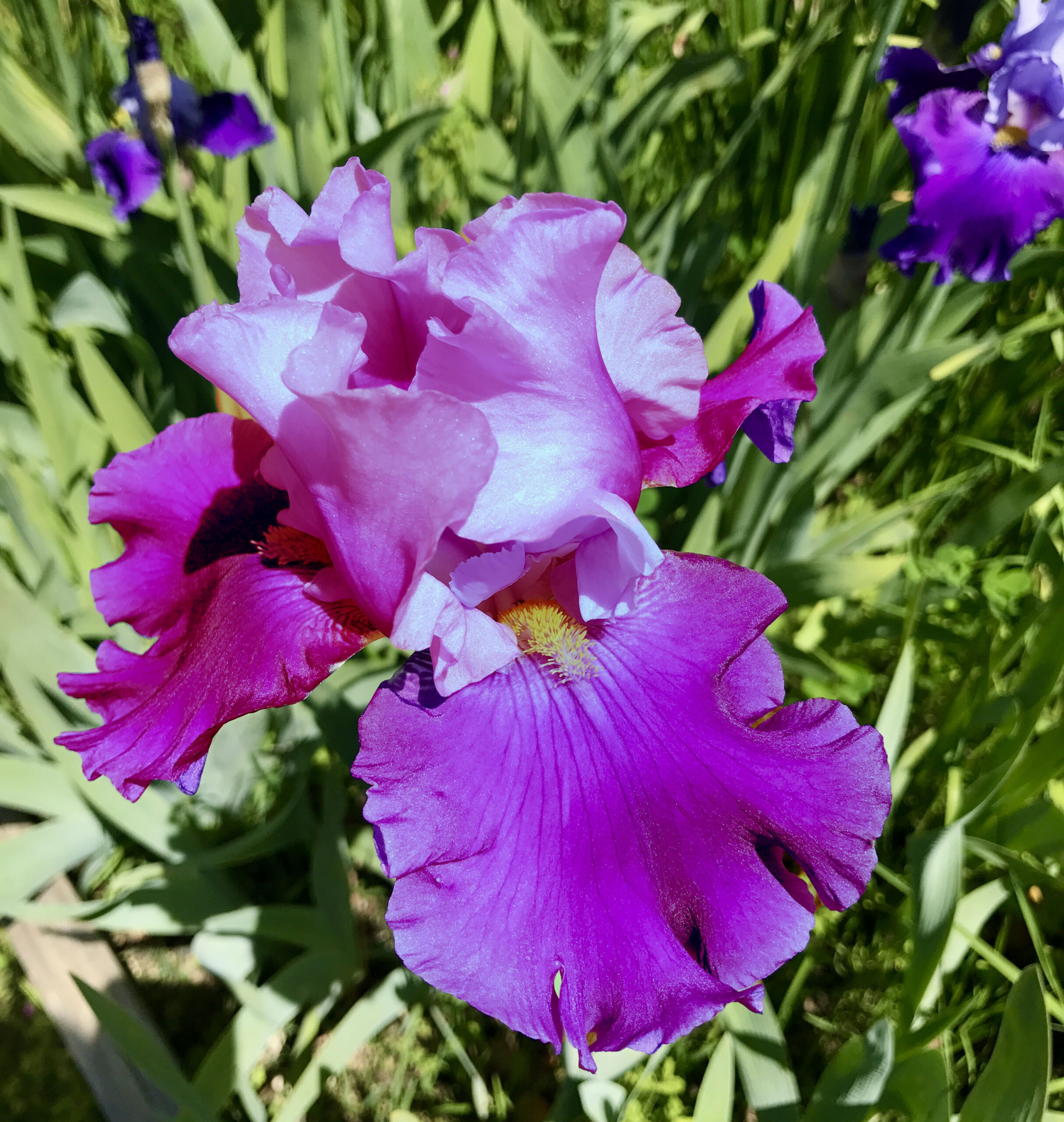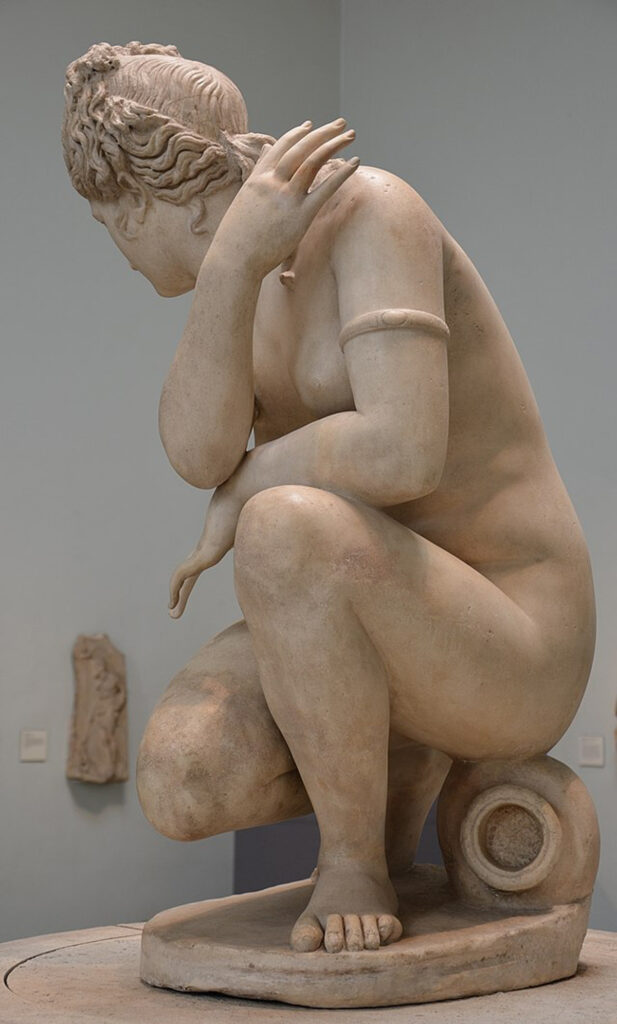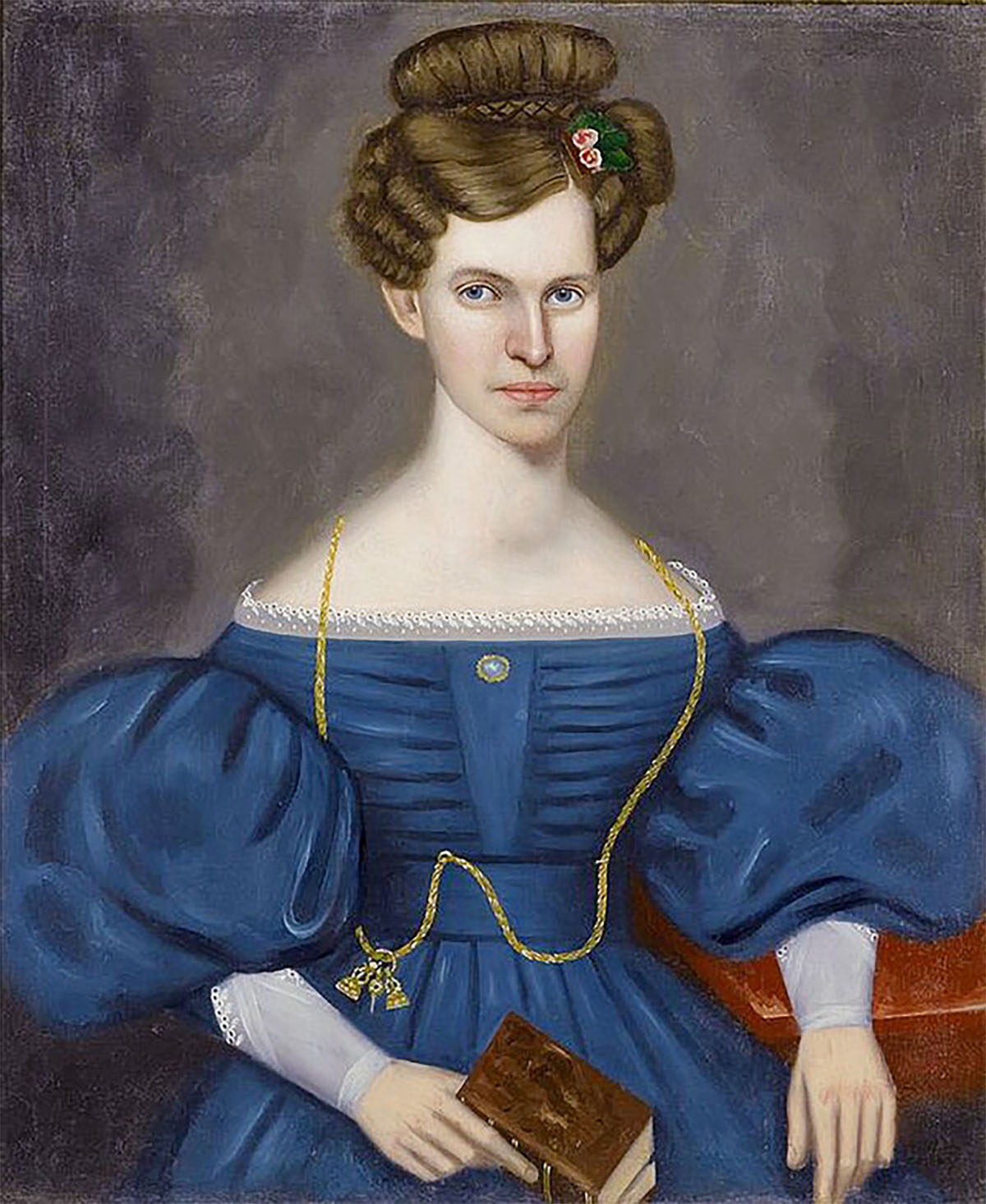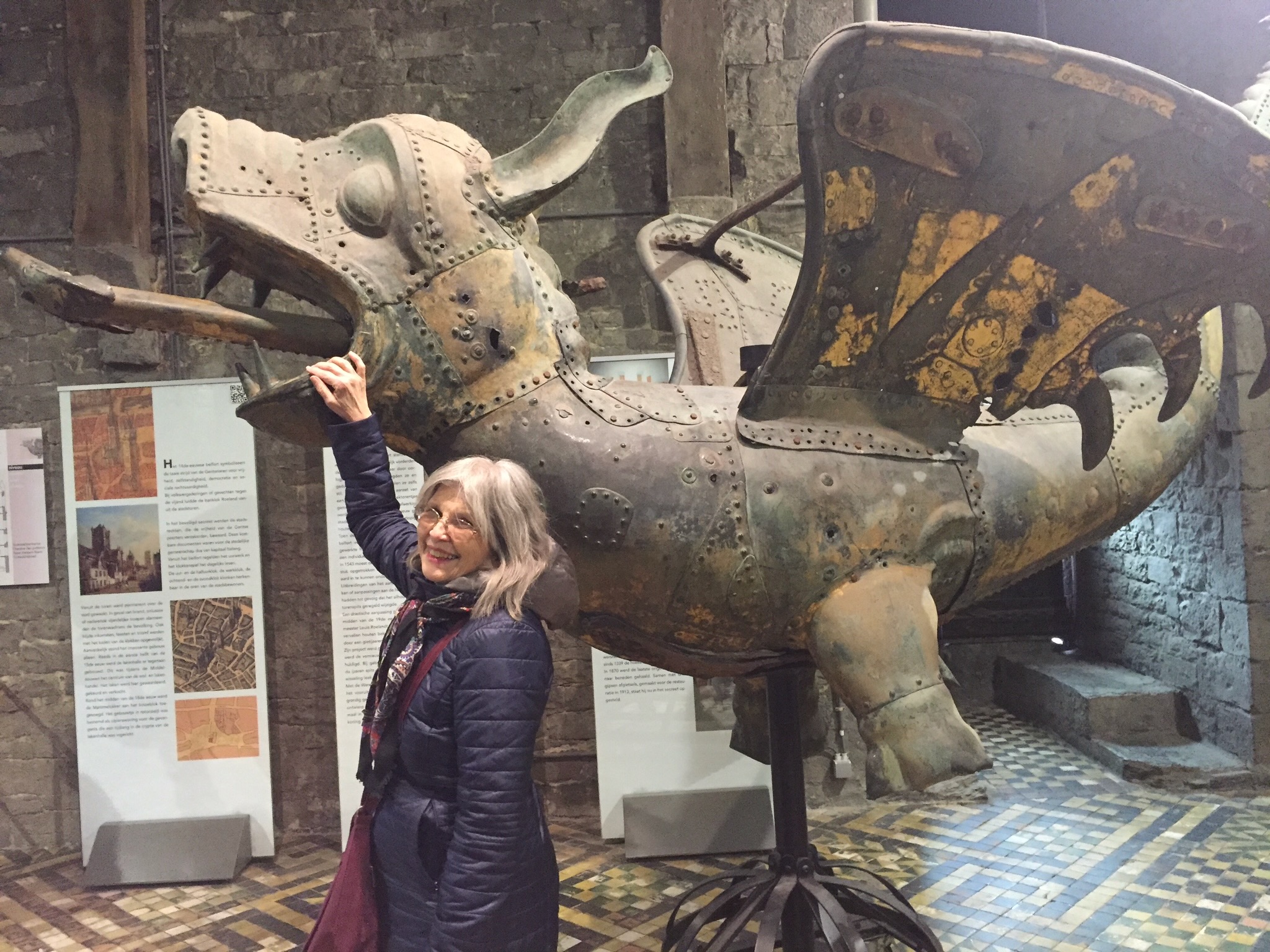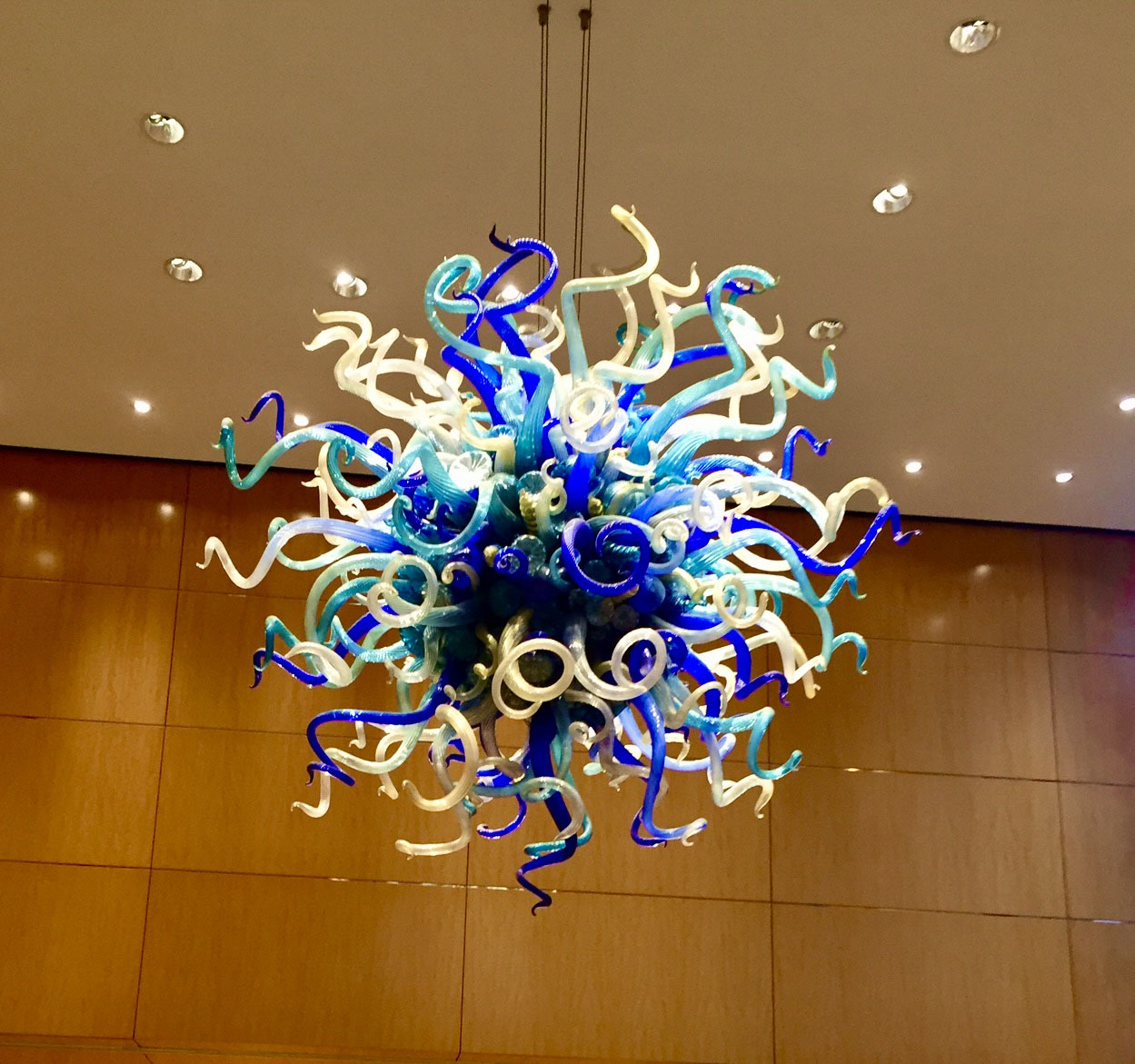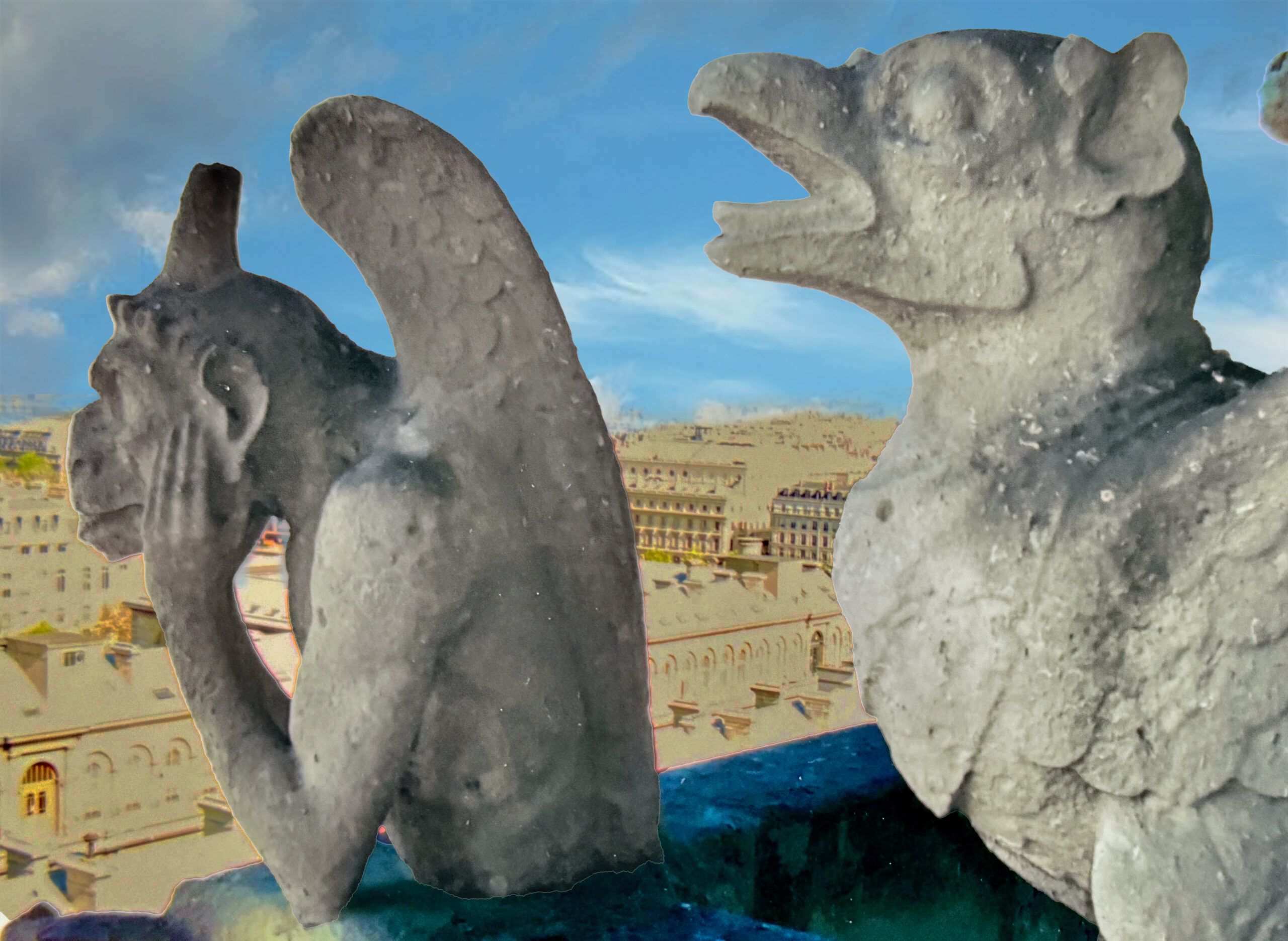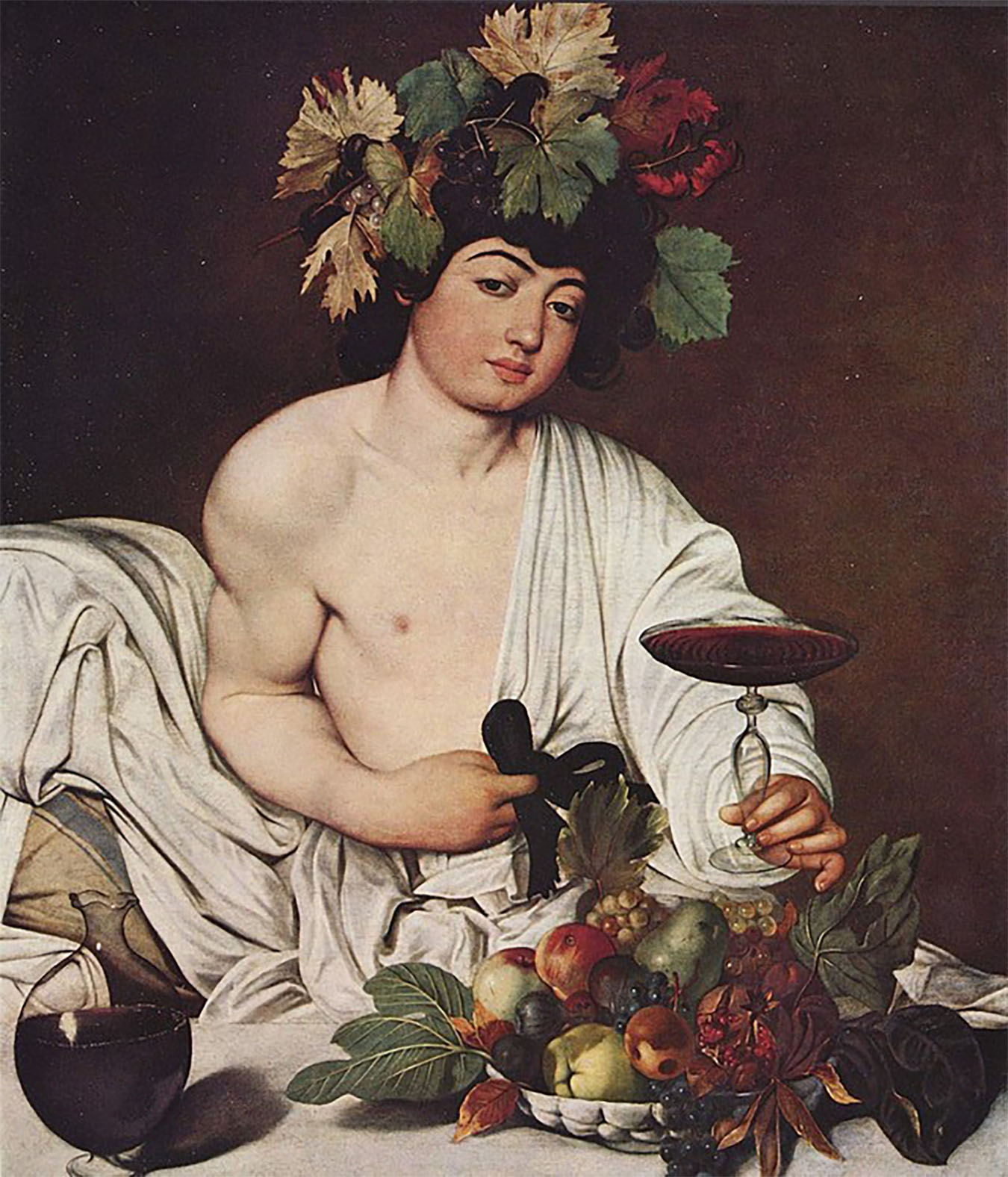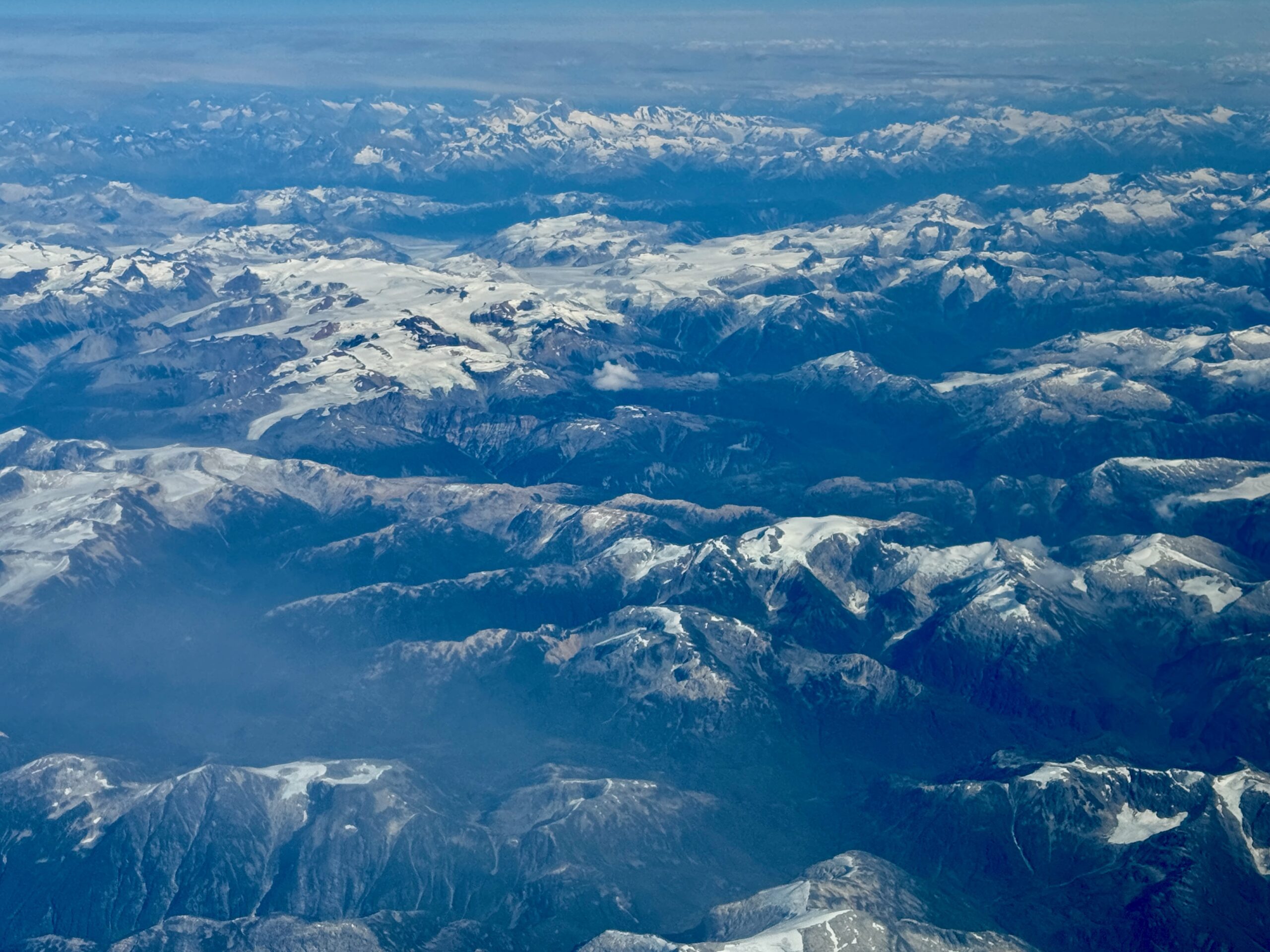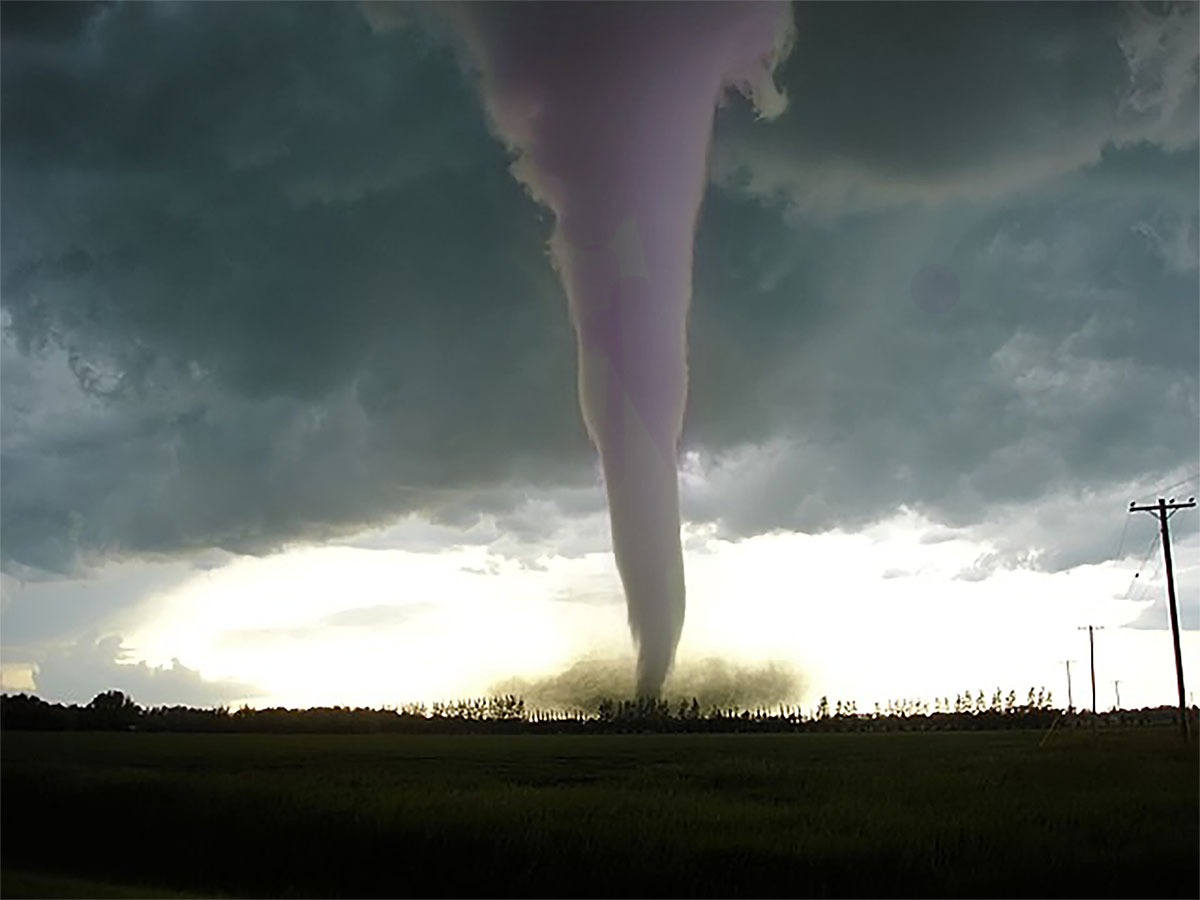December 5, 1993
I. On Hearing
A punch hard and fast in the stomach your death
took my words, left me gasping. One January night
I first glanced at wrinkled curves around your face.
Almost eighty, placing large-veined hands palm-down
on our table. It was late— still, you would write upstairs before you set your mind to sleeping— so would we.
Oaks and their sharp leaves took well to the news of
your dying. Grey ones were glad to greet you, knew
well how to fall— collapsing at home near your wife.
A year earlier, at Asilomar, you spoke of knowing
what students can hear about their work when,
making harmony with horses.
Readers, you said, find pleasure in poems, contentment
in relationship, relief in rhythms. Poets are nothing but tracer dogs— driven by nose and track to the next scent.
II. The Envelope
I had an envelope, business-sized, addressed to you in
red ink stamped with two new poems inside awaiting the
letter I would write.
You will not receive it. I was shy to say I’d lost your letter,
forgot the name of the friend you suggested I look up on
our summer trip to Port Townsend.
Knowing it too late, I wrote anyway, dreamed that night
of opening the envelope to put the letter in. You keep
telling me, there has been a mistake.
You are not dead. Full of advice, you talk of your wife
and kids, who suffer neck strain. You only know how to
avoid this— look straight at people— never up or down.
III. Midnight on Mt. Hamilton
Full of latent fire, we have wound our way up the mountain—
the grasses shimmer gold and brown. Chaparral
mingles with evening in the sweep of an owl.
I carry your dying dark and green in my heart, offer it up,
sacrifice to silhouettes of the pines. They never cry out
at sunset.
After all, you taught me when men are dangerous, and just
what it is we all destroy when we swerve from what we are
meant for.
We roll out blankets on a wooden platform and head for
the deck— seven women laughing at the stars. The trip to
meet you long and cold beyond the place
Where no one can see the sun through the spruce,
the rain over the hills, the wind in the sand dunes,
or the sharp edge of your Oregon coast.
In these far empty regions, your light burns steady.
Once called, you will not soon return, nor may I linger—
hurled earthward.
Landing squarely beneath the sky, hurting in all
dimensions— this trail full of dust, rocks— no balm
for these wounds but words, my search greater
than all telling.
